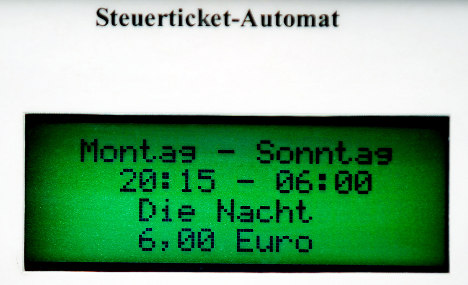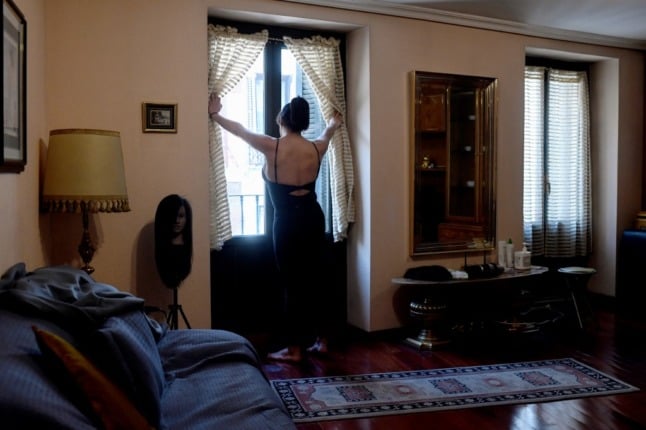Prostitutes working the streets of Germany’s former capital have to buy themselves a ticket from the converted parking meters each night, or face a fine.
“The sex tax has been accepted by the prostitutes,” said city spokeswoman Elke Palm. The idea, introduced last August, was an extension of a tax imposed on brothels in the city at the beginning of 2011, Die Welt newspaper reported.
But Mechthild Eickel, chairwoman of the sexworkers’ association Bufas, said it was unfair that prostitutes rather than their customers should have to pay the tax.
“It is a pleasure for the customers. Why don’t they put the money in?” she asked the Frankfurter Rundschau newspaper on Friday.
She said prostitutes already paid enough tax, including income tax.
Parking meters were converted to issue the €6 sex tickets that street prostitutes have to show wardens when requested.
The increased controls include the provision of “performance huts” where prostitutes and their customers can conduct business. This has reduced the number of complaints from people living near the areas where prostitutes work, said Palm.
The wardens have only handed out about 20 “warning fines,” she said, adding that there had been no reported trouble between prostitutes and the officials.
The Local/hc



 Please whitelist us to continue reading.
Please whitelist us to continue reading.
Member comments